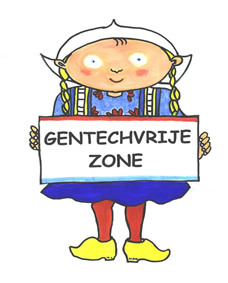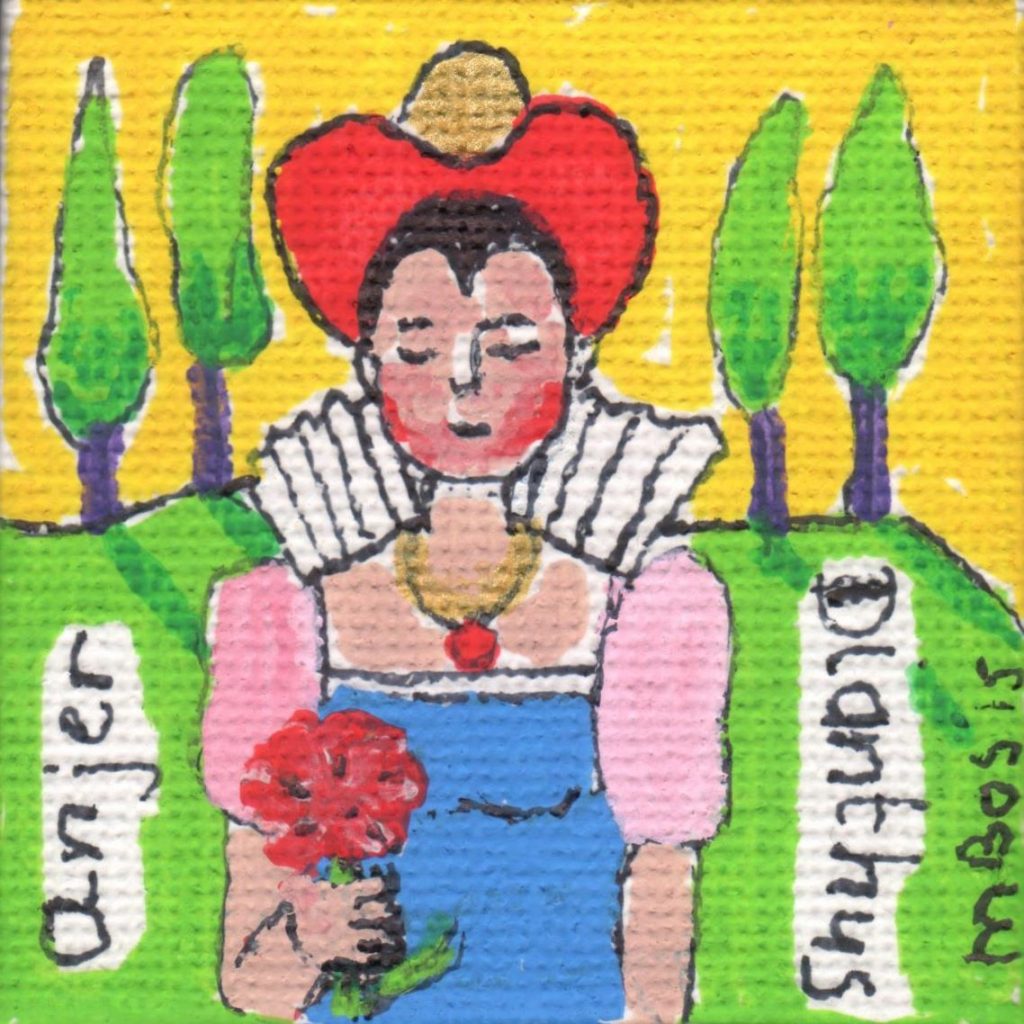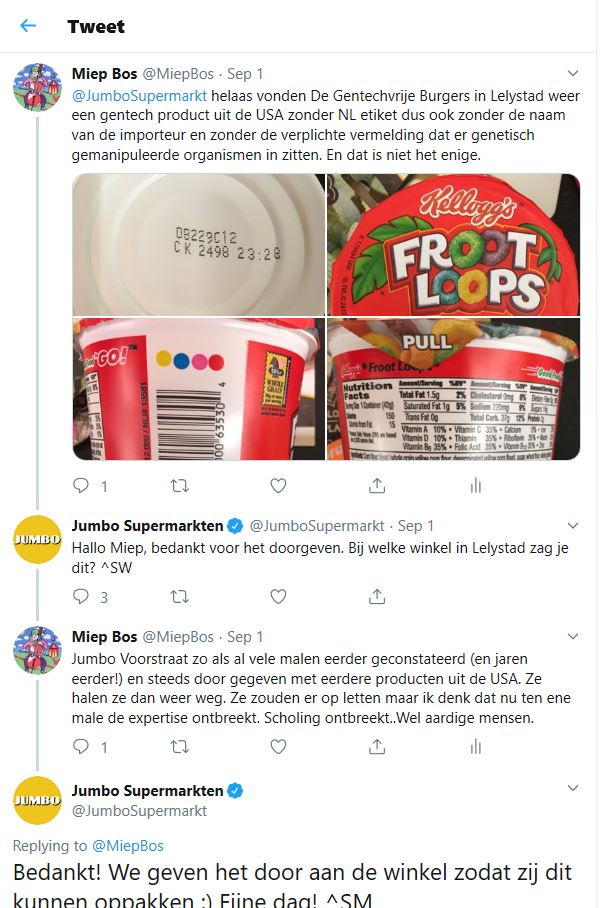Anouk via FB, gisteren: “Na een succesvolle start heeft 5G nu te maken met een groeiende strop, vooral in de Franstalige regio van Zwitserland.
In naam van het voorzorgsbeginsel hebben verschillende kantons de procedures voor de bouw van antennes bevroren, zoals in Genève, Vaud, Fribourg en Neuchâtel.
Op 21 september is een landelijke demonstratie bij het hoofdkwartier van de regering in Bern en een landelijk referendum tegen 5G is in voorbereiding.
Er is steun van meerdere parlementsleden en ook de zeer machtige Zwitserse Federatie van Artsen.
Zij pleiten voor voorzichtigheid en geven aan dat “totdat wetenschappelijk is bewezen dat een verhoging van de huidige stralingsgrenswaarden geen invloed heeft op de gezondheid, deze niet verhoogd moeten worden”. (Met toestemming overgenomen).
Bron: 18-09-2019, LEMATIN.CH
Vent de fronde en Suisse contre la 5G
Les ondes de la 5G inquiètent les citoyens suisses à cause de leurs risques pour la santé. Une manifestation est prévue à Berne le 21 septembre.




